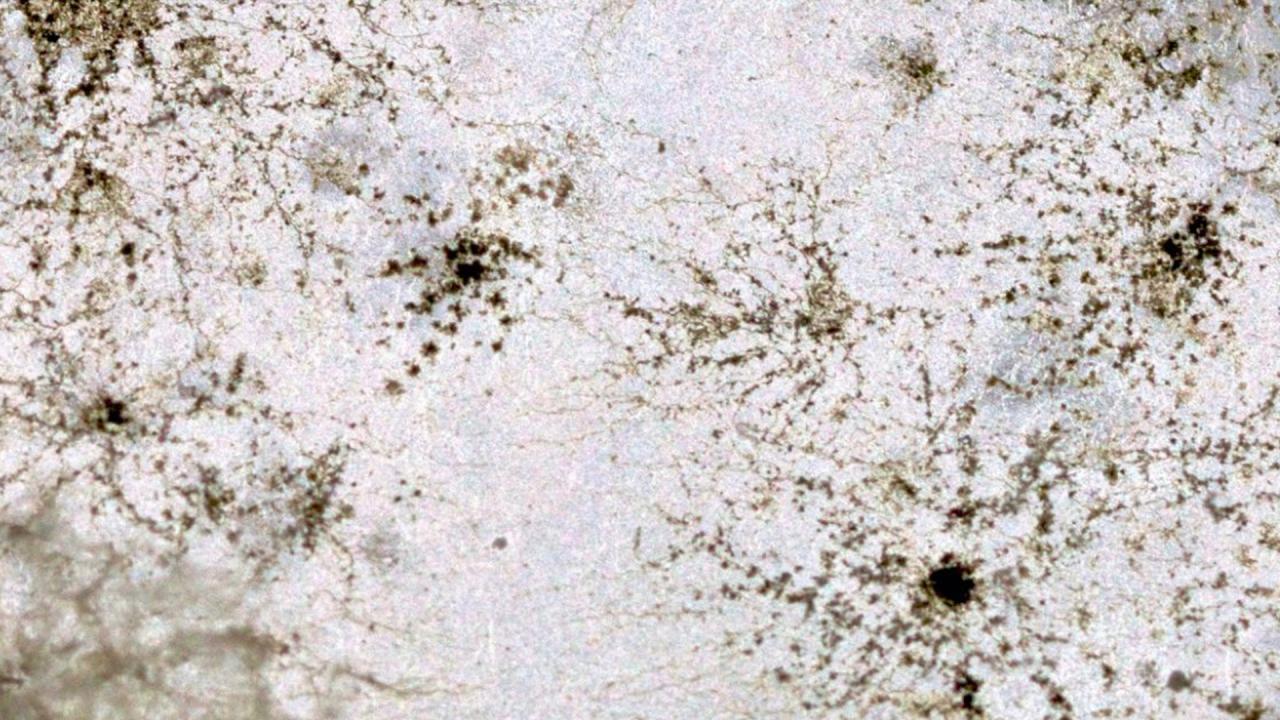Felix Heisel (Cornell College of Architecture, Art and Planning)
Kathie Hodge (Cornell College of Agriculture and Life Sciences)
Lori Huberman (Cornell College of Agriculture and Life Sciences)
Rebecca J. Nelson (Cornell College of Agriculture and Life Sciences)
Anil Netravali (College of Human Ecology)
Prabhu Pingali (SC Johnson College of Business)
Anthony Wenndt (Tata-Cornell Institute / GAIN)
Marta H. Wisniewska (Cornell College of Architecture, Art and Planning)
Mikkel Bøgh (EFFEKT Arkitekter ApS, Denmark)
Daniel Veenboer (EFFEKT Arkitekter ApS, Denmark)
MycoBuilt
2021 - RESEARCH

MycoBuilt represents a cross-disciplinary research collaboration leveraging the expertise of biologists, engineers, architects and economists from Cornell University and external industry partners to develop both new technologies and a new architectural language combining the specific qualities and potential of urban (construction) and rural (agricultural) waste streams with the incredible potential of fungal mycelium. As previous research shows, mycelium, the vegetative part of fungi, consists of a mass of branching, thread-like hyphae that act as a naturally-growing, self-assembling, carbon-neutral and biodegradable ‘glue’ to fabricate bio-composites with qualities spanning from insulating foams to loadbearing building components. By applying this technology to architectural applications that cannot easily be fulfilled by the existing (fossil-fuel and mineral-based) material pallet, this research will offer a novel green material that is an economically feasible, ecologically responsible, and architecturally exciting alternative to current (linear) construction.
The volume of construction and demolition debris in the built environment and biomass waste from agricultural and forestry practices continues to grow and this research is set out to respond to this. The MycoBuilt project will identify the fungal strain and nutrient pairings needed for various construction material properties. These new options will divert waste from landfills, reduce carbon emissions, and create a new economically feasible and architecturally exciting green building material.
The two year research project is kindly supported by the Cornell Atkinson’s Academic Venture Fund as well as commercial partners in building industry, and led by the Circular Construction Lab at Cornell University.







